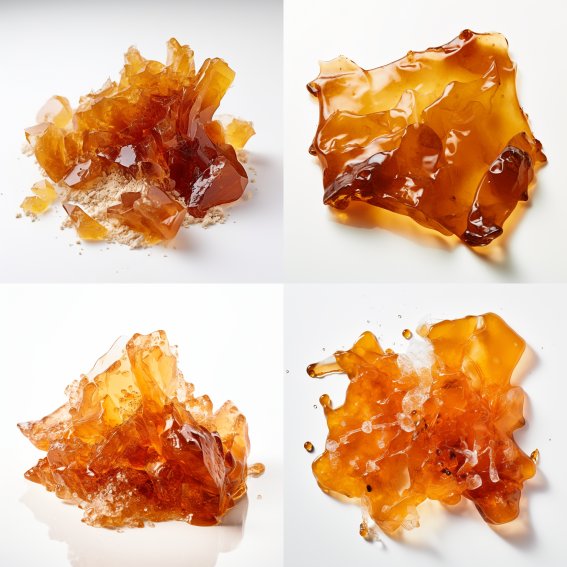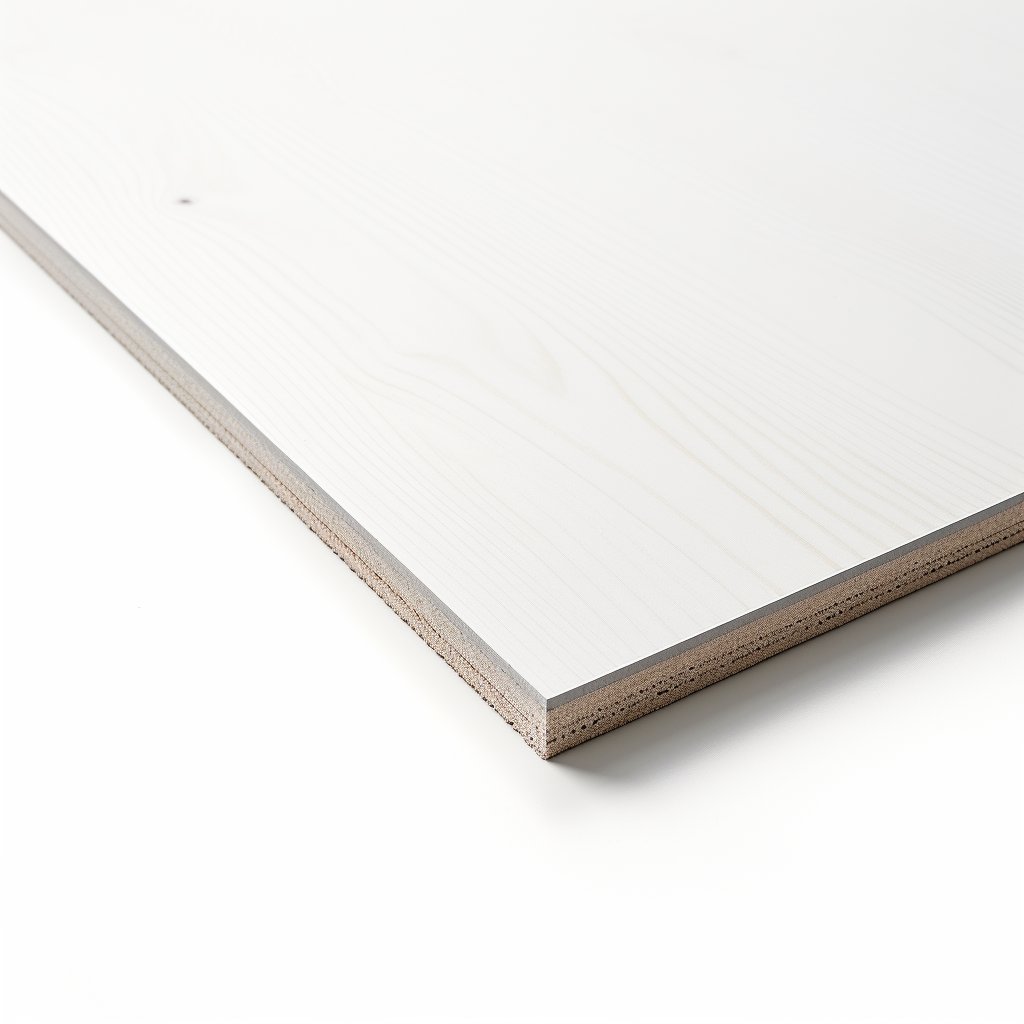Bakelite is a synthetic plastic that played a pioneering role in developing the modern plastics industry. Created by Belgian chemist Leo Baekeland in 1907, Bakelite was the first thermosetting plastic that could be moulded into any shape and hardened irreversibly without losing its form or properties. This breakthrough material soon found its way into a wide range of industrial and consumer products, from electrical components and automotive parts to radios and jewellery.
Today, Bakelite has a storied history as an iconic material of the 20th century, but it also raises important questions about the impact of plastic on our environment and society.

What is Bakelite?
Bakelite is a thermosetting plastic that is made from the condensation of phenol and formaldehyde. Bakelite is a type of plastic that hardens when exposed to heat and pressure. This process is known as polymerization. The polymerization of Bakelite is irreversible, which means that once the plastic has set, it cannot be melted or reshaped.
Properties of Bakelite:
Bakelite is a unique material with several properties that make it useful in various industrial applications. Some of the properties of Bakelite include:
- High heat resistance
- High chemical resistance
- Electrical insulation
- High tensile strength
- Low thermal conductivity
.
Industrial Usage of Bakelite:
Bakelite is still used in many industrial applications due to its unique material properties. Some of the industrial uses of Bakelite include:
- Electrical components: Bakelite is an excellent electrical insulator used to manufacture switches, sockets, and other electrical components.
- Automotive parts: Bakelite is used in the manufacturing of automotive parts such as brake pads, distributor caps, and ignition systems.
- Aerospace: Bakelite is used in the manufacturing of aerospace components due to its high heat resistance and low thermal conductivity.
- Industrial applications: Bakelite is used in various industrial applications due to its high chemical resistance and electrical insulation properties.
Application Areas of Bakelite:
Bakelite is used in various applications due to its unique material properties. Some of the application areas of Bakelite include:
- Jewellery: Bakelite was popular in the 1930s and 1940s for the manufacturing of jewellery due to its affordability and durability.
- Consumer products: Bakelite is used in the manufacturing of consumer products such as kitchenware, toys, and radios.
- Musical instruments: Bakelite is used in the manufacturing of musical instruments such as guitars and ukuleles.
- Industrial design: Bakelite is used in industrial design due to its unique appearance and material properties.
Consumer Product Examples of Bakelite:
Bakelite was a popular material for the manufacturing of consumer products in the early 20th century. Some of the consumer products that were made from Bakelite include:
- Kitchenware: Bakelite was used in the manufacturing of kitchenware such as utensils, bowls, and plates.
- Radios: Bakelite was used in the manufacturing of radios due to its electrical insulation properties.
- Toys: Bakelite was used in the manufacturing of toys such as board games, puzzles, and building blocks.
- Jewellery: Bakelite was used in the manufacturing of jewellery such as bracelets, brooches, and earrings.
Bakelite is a unique material that was the first synthetic plastic that was created. It has several material properties make it useful in various industrial applications, including electrical components, automotive parts, and aerospace components. Bakelite is also used in consumer products such as kitchenware, radios, toys, and jewellery. Despite the development of newer and more advanced materials, Bakelite still plays an essential role in the plastics and recycling industries. Understanding the properties and history of Bakelite is necessary for professionals in these industries, as well as for university students studying material science and engineering. By appreciating the value of Bakelite, we can continue to develop and improve upon the legacy of this groundbreaking synthetic plastic.
Advantages and Disadvantages of Bakelite
Compared to Alternative Plastics:
Bakelite has several advantages compared to alternative plastics, such as its high heat resistance, electrical insulation properties, and low thermal conductivity. However, it also has some disadvantages, such as its brittleness, inability to be reshaped once hardened, and potential for toxicity during production.
Compared to newer plastics like polyethene and polycarbonate, Bakelite has a lower environmental impact because it is a thermosetting plastic that is not easily recyclable. Bakelite also has a distinctive aesthetic appearance that many designers and collectors still appreciate.
Recycling of Bakelite:
Bakelite is not easily recyclable because it is a thermosetting plastic that hardens irreversibly when exposed to heat and pressure. However, some recycling facilities may be able to use Bakelite in small amounts as a filler material in other products.
While Bakelite is not easily recyclable due to its thermosetting properties, some recycling facilities are able to use Bakelite as a filler material in small amounts in other products. Bakelite can also be recycled through a process known as pyrolysis, which involves heating the plastic in the absence of oxygen to break down its chemical bonds and convert it into a gas.
Advantages of Bakelite Recycling:
Recycling Bakelite can have several advantages, such as reducing the amount of plastic waste that ends up in landfills and minimising the need for new raw materials. It can also help to conserve energy and reduce greenhouse gas emissions associated with the production of new plastics.
Disadvantages of Bakelite Recycling:
One of the main disadvantages of Bakelite recycling is that it is less economically feasible than recycling other plastics, such as polyethene and polycarbonate, due to the difficulty of processing thermosetting plastics. Additionally, the quality of recycled Bakelite may not be as high as virgin Bakelite, which can limit its potential applications.
Environmental and Global Impact of Bakelite Recycling:
Recycling Bakelite can positively impact the environment by reducing the amount of plastic waste that ends up in landfills and minimising the need for new raw materials. However, the global impact of Bakelite recycling is relatively small due to its limited recyclability and niche market.
As with other forms of plastic recycling, it is essential to consider the potential environmental impact of Bakelite recycling, such as the energy and resources required to transport and process the material. In addition, the quality of recycled Bakelite may be lower than that of virgin Bakelite, which can limit its potential applications and potentially contribute to the proliferation of low-quality products.
Market Price Developments and Future Market Prognosis:
The market price of Bakelite has fluctuated over the years due to changes in demand and production costs. While it is no longer as widely used as it was in the early 20th century, Bakelite still has a niche market for industrial and consumer applications requiring unique material properties.
In recent years, there has been a renewed interest in vintage Bakelite products, leading to a rise in their market value. However, the future market prognosis for Bakelite is still being determined due to its limited recyclability and the availability of newer and more advanced materials.
Bakelite, a groundbreaking synthetic plastic:
Bakelite was a groundbreaking synthetic plastic that paved the way for the development of other plastics. While it has several advantages compared to alternative plastics, such as its high heat resistance and electrical insulation properties, it also has some disadvantages, such as its inability to be reshaped once hardened and limited recyclability.
The market for Bakelite has evolved over the years, and while it still has a niche market, the future market prognosis is still being determined due to its limited recyclability and the availability of newer and more advanced materials. However, Bakelite’s historical significance and unique material properties continue to make it an essential material for professionals in the plastics industry, recycling industry, and university students studying material science and engineering.
While Bakelite is not easily recyclable due to its thermosetting properties, some recycling facilities are able to use it as a filler material in small amounts or recycle it through pyrolysis. Bakelite recycling can have several advantages, such as reducing plastic waste and minimizing the need for new raw materials, but it also has some disadvantages, such as its limited recyclability and potential quality limitations.
The global impact of Bakelite recycling is relatively small, but it is essential to consider the process’s potential environmental effects and the recycled material’s quality. Overall, Bakelite recycling is a potential tool in the broader effort to reduce plastic waste and conserve resources, but it is not a complete solution to the challenges posed by plastic consumption and disposal.






